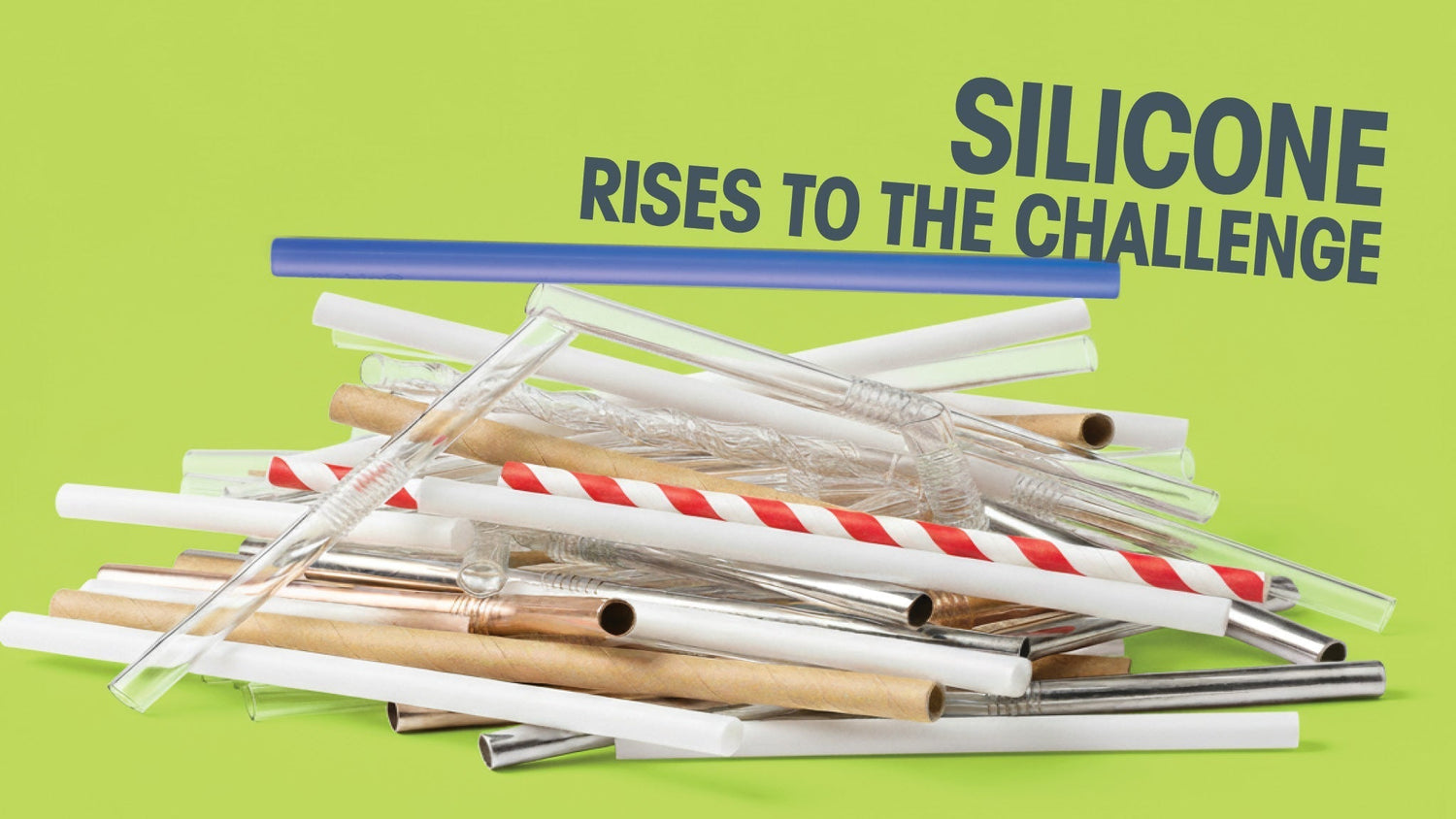Not so common knowledge!
In today's environmentally conscious world, making informed choices about the materials we use daily is crucial. A common misconception is that silicone is just another form of plastic. However, silicone and plastic are fundamentally different, with silicone offering significant eco-friendly advantages. This blog aims to clear up this misconception and highlight why silicone is a better alternative to plastics.
What are Plastics Made Of?
Plastics are synthetic materials derived from polymers, long chains of molecules. These polymers come from petrochemicals like crude oil and natural gas. Unfortunately, plastics are not biodegradable, meaning they don't decompose like organic materials. Instead, they undergo a process called photodegradation, where sunlight breaks them down into smaller and smaller pieces called microplastics. These microplastics pose a major environmental threat as they infiltrate our ecosystems and food chain.
What are Silicone Products Made Of?
Silicone, unlike plastic, is derived from four main components: silicon (sand), carbon, hydrogen, and oxygen. All these components are abundant on our planet, with silicon being the second most abundant element on Earth's surface. Silicone is produced by reacting silicon with methyl chloride and then with water, which removes chlorine atoms. This results in a highly stable, inert, and versatile material that goes through a polymerization process before being molded into final products. You can learn more about silicone from the American Chemical Council (ACC) [Link to American Chemical Council (ACC): https://www.americanchemistry.com/].
The Environmental Impact of Microplastics
As mentioned earlier, plastics eventually break down into microplastics, tiny plastic particles that have become a major environmental concern. These particles can enter our waterways and ultimately end up in our food chain through marine life. Microplastics are pervasive, found everywhere from the deepest ocean trenches to the highest mountain peaks. They originate from various sources, including plastic degradation, synthetic fibers from clothing, and personal care products. The impact of microplastics extends to our drinking water supplies and food items, raising concerns about potential health effects on humans.
The environmental impact of plastic is undeniable. Choosing silicone over plastic is a wise and responsible step towards a more sustainable future. In the next blog post, we'll delve deeper into the specific benefits of silicone for your health and well-being.
Learn More with Our Podcast!




